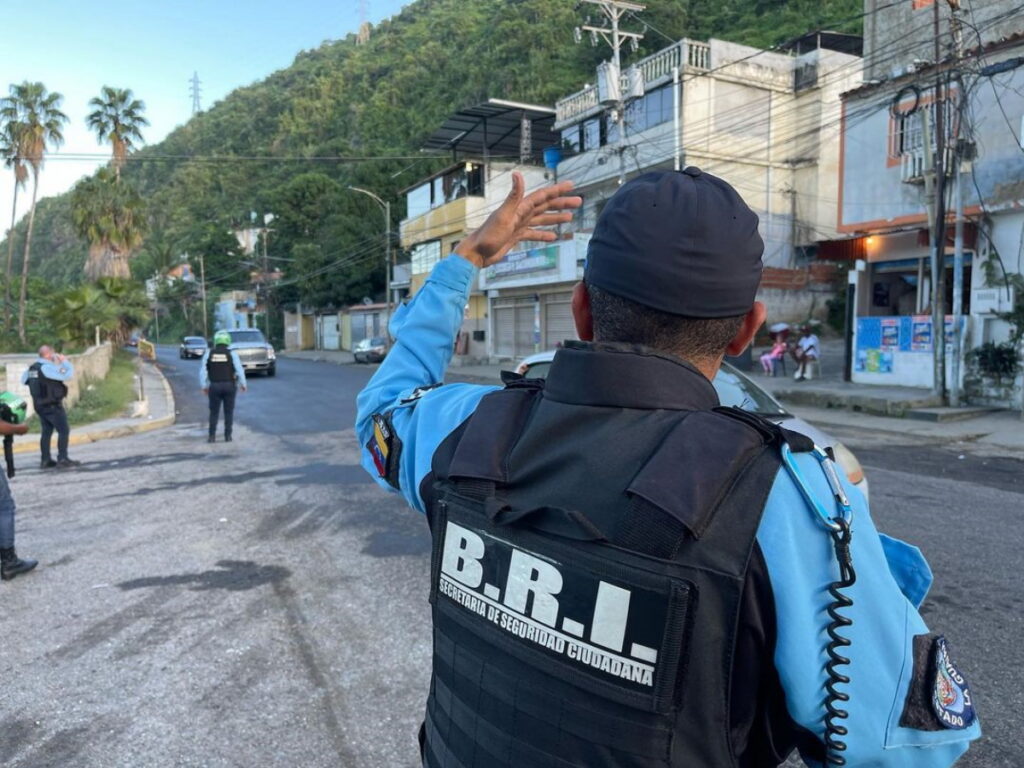12 years have passed, but the emotion of the hugs of that cold morning of July 15, 2010 is as present as if it had happened a while ago. We were in the square in front of the congress when the senate approved the law and there we cried and hugged each other a thousand times repeating the hundreds of anecdotes that we accumulated in the 6 months of debate. It was in October 2019 when, Vilma Ibarra as president of the General Legislation Commission, had the courage to open the debate that still did not have the consensus of the parliamentary majority and that the LGBTIQ + organizations led by the Federation Argentinian LGBT.
The demand was then the right to form a family. “The same rights with the same names” was the slogan that synthesized the struggle. What was claimed was the right of couples made up of two people of the same sex to love each other freely, to hug and kiss in the square, on the street and in their homes.
The law was much more than that. It meant eliminating from the State the strongest barrier that up to that moment sustained social discrimination based on identity or sexual orientation. It was a giant step towards an inclusive society, which still has to be built, but it established a turning point in the social imaginary regarding the hegemonic sexual identity and paved the way for the debate that is taking place today regarding the binary sex/gender system.
Today the demand is the right to be. The right to sexual identity. It is childhoods free to express their sexual identity without conditioning and full inclusion in all areas and historical reparation for those who were excluded, violated, punished for expressing a non-hegemonic sexual identity.
These claims not only challenge the powers of the state responsible for ensuring equal opportunities and treatment for dissident identities, but they also challenge all of us as a society. Full inclusion with equal rights for all sexual identities will only be possible if we are capable of building a new paradigm that recognizes, in the words of Paul Preciado, “the irreducible multiplicity of the living being.” A profound social transformation, a Copernican change that appears to us almost as far away as impossible, the sanction of the Equal Marriage Law appeared to us 12 years ago and which we commemorate today feeling the warmth and emotion of the hugs of that time.
If we rigorously review the strategies built to achieve the sanction of the law, we will see that the alliance of feminists with LGBTIQ+ organizations was one of the key factors that made possible the success of such a challenge. It is this alliance, the transfeminist alliance, that we need to consolidate today in order to advance more quickly towards that inclusive world with equality for all, for all, for all.
















